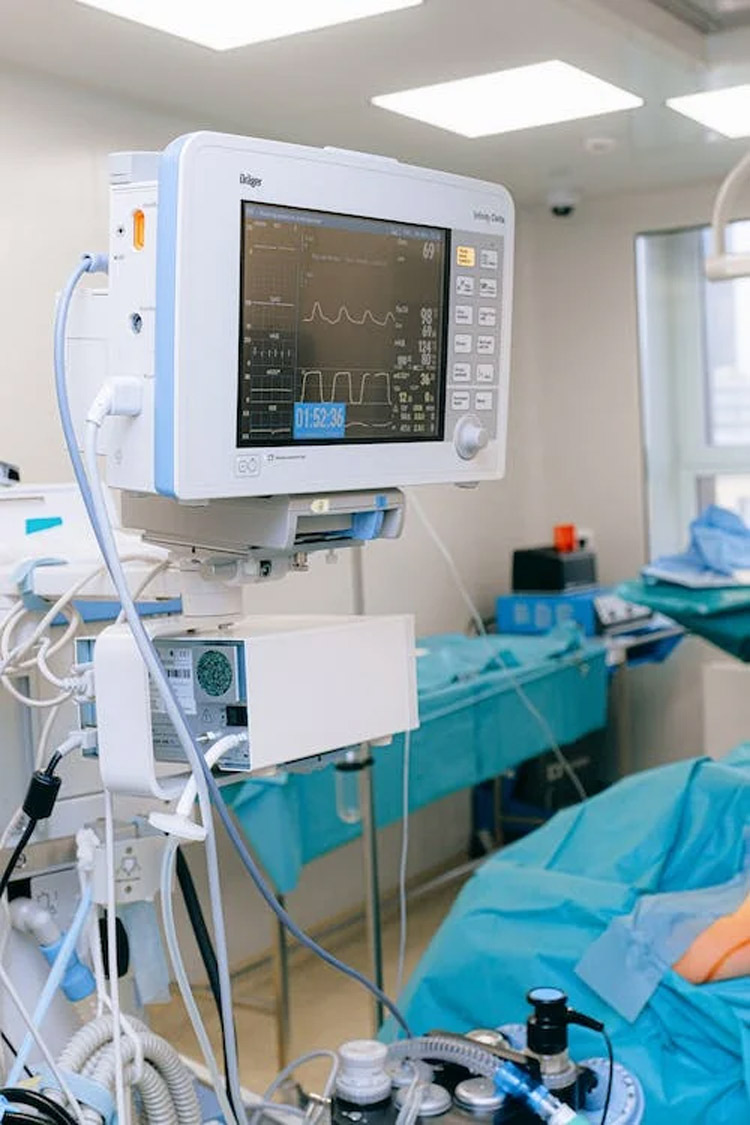
This post provides complete information on the job description of a clinical nurse educator, including the key duties, tasks, and responsibilities they perform.
What Does a Clinical Nurse Educator Do?
A clinical nurse educator is a proficient expert who works most times in a clinical environment and is assigned the duty of guiding and mentoring the future nurses.
He/she combines the roles of an instructor, giving advice and tutoring future nurses to acquire relevant experience in nursing.
The clinical nurse educator job description also includes working with practicing nurses by executing and developing education programs that will keep the nursing personnel in tune with current developments in the profession.
A nurse educator is also found working in teaching hospitals and nursing schools where they are responsible for creating and organizing a teaching curriculum to educate future nurses.
As a qualified nurse educator, the individual vying for this post will ensure the best educational experience for the students to assist them in their career as nurses upon graduation from higher institution.
He/she will be required to render educational services to individual patients and families apart from health care professionals and students.
He/she will give instructions on diverse prescriptions and tutor patients on managing specific diseases.
Some clinical nurse educators may assume the position of leadership in a healthcare facility.
Here, they provide answers for more effective hospital performance and ensure enhanced operations for the hospital personnel.
A nurse educator is a registered nurse who has acquired the relevant higher degree in teaching and instructing of potential future professionals.
In this wise he/she will have a lot of experience in nursing coupled with the flair, strong interest and proficiency in delivering information to others.
Most times, employers require clinical nurse educators to hold advanced degrees in addition to bachelor’s degree and a nursing license.
The main objective of an educator is to opt for those learning opportunities that will assist the students in enhancing their confidence and strength as well as overcome educational or personal impediments.
The nurse educator will provide regular assessments, observations and advice to students to ensure improvement in their practice.
Clinical Nurse Educator Job Description Example/Sample/Template
The following are examples of the major duties contained in a clinical nurse educator’s job description, which they are expected to perform.
- Supervise nursing students in clinical laboratories where they are taught how to perform fundamental nursing skills, such as changing of dressings, administration of medications or other hand-on tasks
- Perform continuous supervision of student nurses even after they have mastered the basic skills and have begun to work with patients
- Create academic programs in agreement with the regulations of the state which applies to nursing education
- Carry out evaluations on the efficiency of academic programs and modify them as required
- Establish, engage in and assist in the development of clinical knowledge and skills of existing and current nurses
- Carry out an evaluation of nurses and certifying them based on competence where required.
Clinical Nurse Educator Requirements: Knowledge, Skills, and Abilities for Career Success
Clinical nurse educators are highly trained personnel. They are however required to possess the following skills, knowledge, and abilities in addition to their training:
- A bachelor’s degree in nursing with the appropriate clinical or educational or post accreditation qualifications
- Basic computer skills with minimum of 5 years working experience in an adult care facility
- Sufficient knowledge of professional nursing standards, concepts, policies, and practices with regards to the group of patients served
- Specialty in nursing management, adult care and persons with geriatric conditions
- Outstanding skills in designing care programs relating to individual patients’ needs
- Sufficient skills in collecting relevant information on the academic needs of the nurse.












